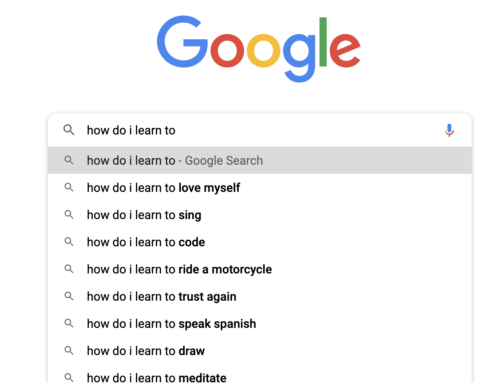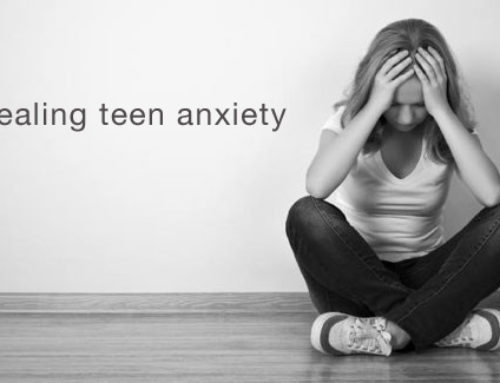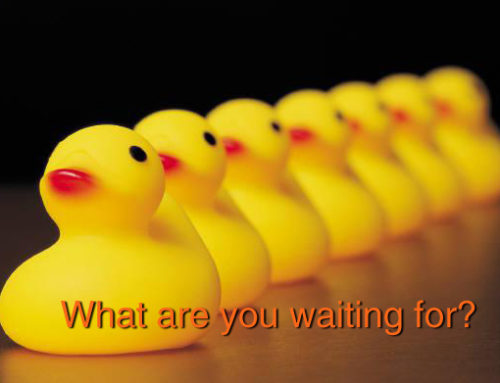- 57 percent of girls sometimes feel left out after seeing photos of others online
- 45 percent of girls are concerned about other people posting photos of them
- 28 percent of girls have edited photos of themselves before posting them
Raising Teen Girls in a Social Media World
Social media is everywhere and a huge part of how teens communicate. By the time you finish reading this article, how likely are you to have received a text from your teen?
A 2012 Common Sense Media study found that 75 percent of teens have a profile on a social networking site like Facebook; 68 percent text every day and 23 percent use at least two types of social media every day.
Those are some pretty significant statistics. But just because it’s common, doesn’t mean it’s good. The same study found that:





